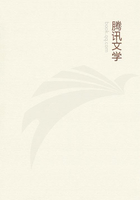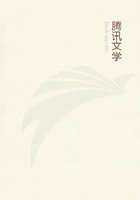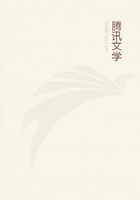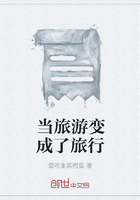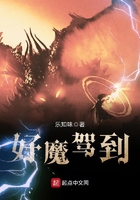Turning next to manorial records, we find these abortive features of feudal law resting on a very broad basis. Only that land is considered servile which owes labour, if it renders nothing but rent it is termed free. We have here no mere commutation: the notion is an old one, and rather driven back by later law than emerging from it. It is natural enough that the holder of a plot is considered free if his relations with the lord are restricted to occasional appearances at court, occasional fines, and the payment of certain rents two or three times a year. It is natural enough that the holder of another plot should be treated as a serf because he is bound to perform work which is fitted as a part into the arrangement of his lord's husbandry, and constantly brought under the control and the coercive power of the steward. This matter-of-fact contrast comes naturally to the fore in documents which are drawn up as descriptions of daily transactions and not as evidence for a lawsuit. But the terms 'free' and 'servile' are not used lightly even in such documents. We may be sure that manorial juries and bailiffs would not have been allowed to displace at their pleasure terminological distinctions which might lead people to alter their legal position. The double sense of these terms cannot be taken as arranging society under the same two categories and yet in two entirely different ways: it must be construed as implying the two sides of one and the same thing, the substance in manorial records and the formal distinction in legal records. That is to say, when the test of legal protection was applied, the people who had to perform labour were deprived of it and designated as holding in villainage, and to the people who paid rent protection was granted and they were considered as holding freely. For this very reason the process of commutation creating mol-land actually led to an increase in the number of free tenancies.(3*)The courts made some attempts to utilise personal subjection as a distinctive feature of born villains. If it had been possible to follow out the principle, we should have been able to distinguish between villains proper and men of free blood holding in villainage. The attempt miscarried in practice, although the King's courts were acting in this case in conjunction with local custom and local juries. The reason of the failure is disclosed by manorial documents. Merchet, the most debasing incident of personal villainage, appears so widely spread in the Hundred Rolls that there can be no question, at least at the close of the thirteenth century, of treating it as a sure test of personal subjection. We cannot admit even for one moment that the whole peasant population of entire counties was descended from personal slaves, as the diffusion of merchet would lead us to suppose. The appearance of the distinction is quite as characteristic as its gradual collapse. The original idea underlying it was to connect villain status with personal slavery, and it failed because the incidents of personal slavery were confused with other facts which were quite independent of it and which were expanded over a very large area instead of a very restricted one.
And now we have ready the several links of one chain. The three tests of serfdom applied by our documents are connected with each other by the very terms in which they are stated, and at the same time they present three consecutive stages of development. The notion of serfdom is originally confined to forms of personal subjection and to the possession of land under the bane of personal subjection: in this sense servitude is a narrow term, and the condition denoted by it is exceptional. In its second meaning it connects itself with rural labour and spreads over the whole class of peasants engaged. in it. In its last and broadest sense it includes all the people and all the land not protected by the Common Law. We have no evidence as to the chronological landmarks between these several epochs, and it is clear that the passage from one to another was very gradual, and by no means implied the absolute disappearance of ancient terms. But it seems hardly doubtful that the movement was effected in the direction described; both the, intrinsic evidence of the notions under discussion and their appearance in our documents point this way.
This being so, we may expect to find some traces of the gradual spread of serfdom in the subdivisions of that comprehensive class called villainage. And, indeed, there are unmistakable signs of the fact that the flood was rising slowly and swamping the several groups of the peasantry which hitherto had been of very various conditions. The Domesday classification will have to be discussed by itself, but it may be noticed even now that its fundamental features are the distinction between serfs and villains, and the very limited number of these first.
Judging by this, the bulk of the peasantry was not considered unfree. The inference is corroborated for the epoch of the early Norman kings by the laws of Henry I, in which the villain is still treated on the same footing as the ceorl of Saxon times, is deemed 'worthy of his were and of his wite,' and is called as a free man to the hundred court, although not a landlord, 'teirrarum dominus.' The hundredors of later times kept up the tradition: degraded in many ways, they were still considered as representatives of a free population. Ancient demesne tenure is another proof of the same freedom in villainage; it is protected though base, and supposes independent rights on the part of the peasantry. The position of the group of socmen outside the ancient demesne points the same way: their tenure is originally nothing more and nothing less than a customary freehold or a free copyhold, if one may say so. The law of Kent is constructed on this very basis: it is the law of free ceorls subjected to a certain manorial authority which has not been able to strike very deep roots in this soil.



